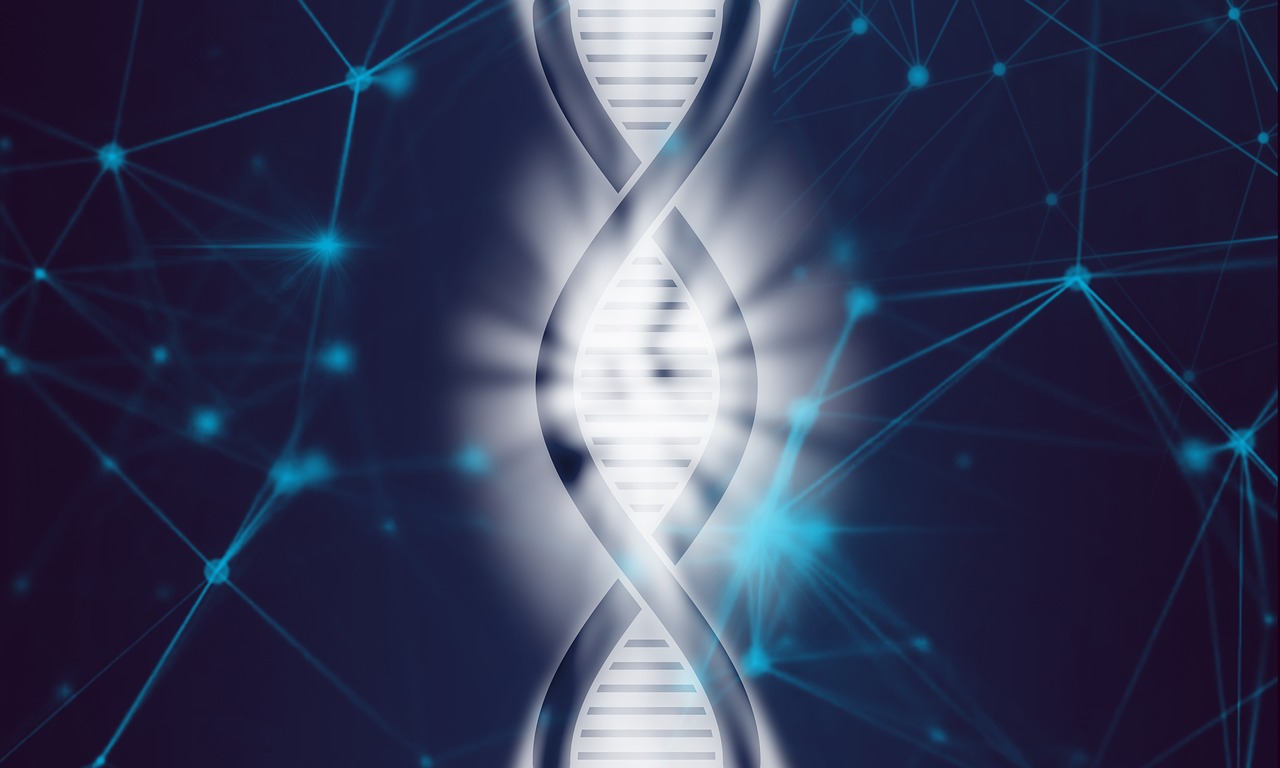
Researchers Identify Biomarker for Early Prediction of Diabetic Kidney Failure
- News
- 1.7K
Diabetic Kidney failure or Diabetic Nephropathy is among the most significant longer-term complications associated with type 2 diabetes. The risk of End-Stage Renal Disease (ESRD) and resulting in premature disease and death is estimated to increase by 12-fold with diabetes. A group of researchers from various institutions have identified urine-based biomarkers for early prediction of diabetic kidney failure.
The biomarker, Microalbuminuria (MIC) is an early non-invasive marker of kidney disease and its progression. However, it takes several years of diabetes for MIC to occur. Interventions are also much less effective in some patients with MIC who manifest advanced pathological changes. Development of sensitive early-stage disease markers and alternative diagnostic approaches may help in early detection of diabetic kidney failure.
“This new study is significant because the findings should cause concern in a country where most treatment costs are paid out-of-pocket by patients, and highlight the urgent need for early diagnosis, effective prevention measures and search for novel therapeutic measures” Dr. Kuppan Gokulakrishnan, Assistant Professor, Department of Neurochemistry, National Institute of Mental Health and Neurosciences (NIMHANS), Bengaluru.
Symmetric and asymmetric dimethylarginines (SDMA and ADMA) are structural isomers. Altered circulatory asymmetric and symmetric dimethylarginines have been independently reported in patients with end-stage renal failure suggesting their potential role as mediators and early biomarkers of nephropathy. These alterations can also be reflected in the urine.
“There are isomers found in every human but in nephropathy patients, it suddenly goes out of range. The drop is indicative that there is a disease possibility. We looked at the ratio of these isomers that gave us the diagnostic properties” said Dr. Venkateswarlu Panchagnula, lead researcher, National Chemical Laboratory (NCL), Pune.
The researchers evaluated the efficiency of Asymmetric to Symmetric dimethylarginine Ratio (ASR) using Matrix-Assisted Laser Desorption/Ionization Mass Spectrometry (MALDI MS) from more than 500 people with varying levels of glucose intolerance as well as in patients with type 2 diabetes with or without diabetic kidney disease.
The study found that the ASR profile is lower in MIC and macroalbuminuria (MAC) suggesting that it has the potential to be used as an early diagnostic marker. The study was able to correctly identify 72% of MIC and 91% of MAC respectively.
The research provides an insight into disease progression and timely prevention and management to reduce adverse outcomes of nephropathy in patients with type 2 diabetes. The technology will take time to come into the market as the follow-up study has to be done yet. “We are one step short of the final call it is the first such marker that we have reported in diabetes in the Indian context,” told Dr. Panchagnula.
The research is a multidisciplinary collaborative effort of scientists from NCL, NIMHANS and Madras Diabetes Research Foundation (MDRF), Chennai. The results of the study have been published in the journal Scientific Reports. (ISW)
If you liked this article, then please subscribe to our YouTube Channel for the latest Science & Tech news. You can also find us on Twitter & Facebook.


